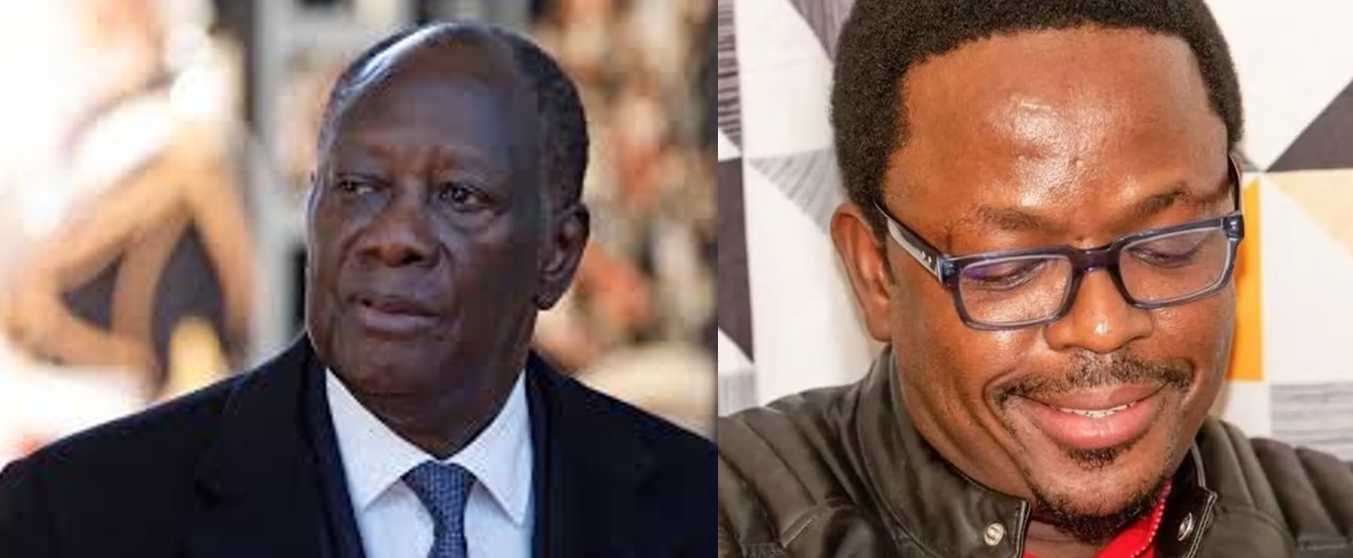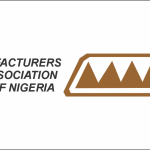
Alino Faso’s Death in Ivorian Custody Sparks Accusations of Murder, Foreign Meddling, and French-Backed Plan to Destabilise West Africa

A diplomatic storm is gathering across West Africa following the mysterious death of Burkinabè activist Alain Christophe Traoré, popularly known as Alino Faso, in Ivorian government custody. Traoré’s death, officially described by Ivorian authorities as a “suicide,” occurred on July 24, 2025, at Côte d’Ivoire’s School of Gendarmerie. The Burkinabè government has categorically rejected this explanation, calling it “a heinous murder” and part of a broader, dangerous strategy to destabilise West Africa.
According to a strongly worded statement issued by Burkina Faso’s Government Spokesperson, Gilbert Pingdwendé Ouédraogo, the government learned of Traoré’s death not through official channels but via social media, sparking immediate outrage. The government was neither formally notified by Ivorian authorities, nor were Traoré’s family, legal representatives, or Burkina Faso’s embassy in Abidjan.
Ouagadougou is demanding the immediate repatriation of Traoré’s body and complete disclosure of the circumstances surrounding his death. The decision by the Ivorian judicial authorities to wait 72 hours after the reported time of death before issuing a public acknowledgement has only deepened suspicions. The Burkinabé government statement accuses Côte d’Ivoire of “guilty complacency.” It openly condemns what it sees as an attempt to “turn facts upside down” and cover up an act that equates to state-sanctioned murder.
A Pattern of Regional Provocation
Alino Faso’s comes at a time when many believe West Africa is in the grip of a coordinated campaign of political destabilisation, with Côte d’Ivoire, Ghana, and Nigeria increasingly appearing as nodes in a geostrategic chess being orchestrated by external actors.
West Africa Weekly recently reported about the growing body of evidence indicating that these tensions are not spontaneous. The report revealed evidence of a structured, externally-instigated campaign to sow discord among the West African states, with the ultimate goal of provoking war between the Westernaligned coastal states and the particularly targeting Burkina Faso.
As the article outlines, signs point toward France and other foreign powers covertly backing such efforts. Most notably, France recently offered Ghana a package of “debt forgiveness”, raising suspicions in Burkina Faso and beyond that France is buying political leverage to turn Ghana against Burkina Faso and Mali, both nations that have recently expelled the French military presence.
The tensions between Ghana and Nigeria, as well as between Ghana and Burkina Faso, have escalated in recent months, primarily over security arrangements, border disputes, and political alignments. In this context, Côte d’Ivoire’s role as a potential staging post for foreign-backed military actions against Burkina Faso is being taken seriously by regional observers and political actors.
The Alino Faso case follows a disturbing trend of cross-border detentions and extraditions targeting activists, dissidents, and journalists. In recent weeks:
A Beninese journalist was arrested in Côte d’Ivoire and extradited to Cotonou, in a move widely criticised by press freedom organisations.
A Malian member of the National Transition Council was also detained in Abidjan, amid diplomatic tension between Bamako and Abidjan.
The Ivorian government has denied engaging in “forced abductions, summary executions, or torture,” as stated during a January 15 press briefing. But the death of Alino Faso now casts a long shadow over those denials.
For Burkina Faso, the death of Alino Faso is not just a tragic loss of a national humanitarian figure, but also a political flashpoint. Traoré, a well-known activist committed to social justice and pan-African solidarity, had been detained without trial since January 10, 2025. His prolonged incarceration and unexplained death are now rallying cries for Burkinabè citizens and civil society.
“The Burkinabè government is outraged,” the statement reads, “by this blatant attempt to turn facts and cover up what appears to be a deliberate act of violence. Alino Faso’s death will not go unpunished.”
The government calls for “calm and restraint”, even as it pledges to pursue justice at the highest levels.
Côte d’Ivoire: A Willing Pawn in a Dangerous Game
Côte d’Ivoire’s actions, or, more accurately, its pattern of silence, repression, and complicity, have placed it at the centre of a growing regional crisis. Once hailed as a bastion of economic stability, Abidjan now finds itself increasingly playing the role of regional enforcer, acting as a proxy for foreign powers with imperial nostalgia.
In the case of Alino Faso, the Ivorian authorities didn’t just fail to protect a political detainee, but also allowed him to die, under their watch, in their custody, in one of their official facilities. The Ivorian authorities then issued an unconvincing statement three days later, delivered in cold bureaucratic language with no indication given about accountability for the event, a prospective autopsy, Alino Faso’s family, legal counsel, or the Burkinabé embassy.
Côte d’Ivoire’s government continues to publicly deny all accusations of torture, despite its well publicised record of enforced disappearances, brutal crackdowns, silencing of dissent, and bending to French and Western geopolitical pressure.
The fallout from this case threatens to deepen rifts across the region, particularly as Burkina Faso, Mali, and Niger draw closer through military and political cooperation. At the same time, Côte d’Ivoire, Ghana, and Nigeria appear to drift into the orbit of Western powers.
West Africa remains on edge. What comes next may depend not only on how justice is served in this case, but also on whether a deeply divided region can resist the forces pushing it toward confrontation.
About The Author
Related Articles
Asake Sets New Billboard Afrobeats Record as Chart Presence Grows
Asake has further cemented his place as one of Afrobeats’ most dominant...
ByWest Africa WeeklyJanuary 29, 2026Nigerians Lament PayPal’s Return as Old Wounds Resurface
PayPal’s reentry into Nigeria through a partnership with local fintech company Paga...
ByWest Africa WeeklyJanuary 29, 2026Tanzania Eyes Gold Sales as Aid Declines and Infrastructure Needs Grow
Tanzania is weighing plans to sell part of its gold reserves to...
ByWest Africa WeeklyJanuary 29, 2026Mali Tightens Grip on Explosives Supply With New Majority Stake
The Malian government has taken majority ownership of a civil explosives manufacturing...
ByWest Africa WeeklyJanuary 29, 2026












Leave a comment